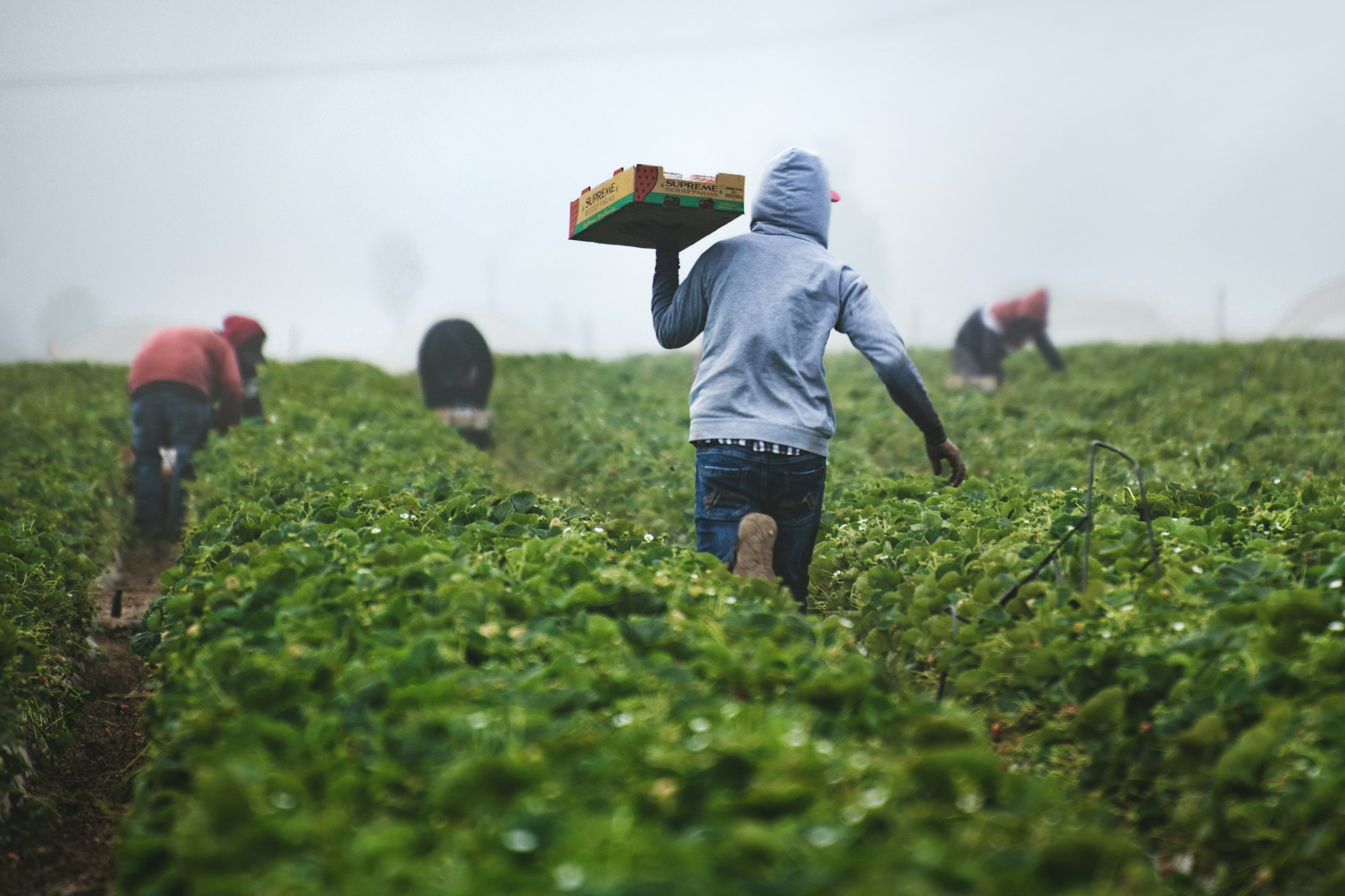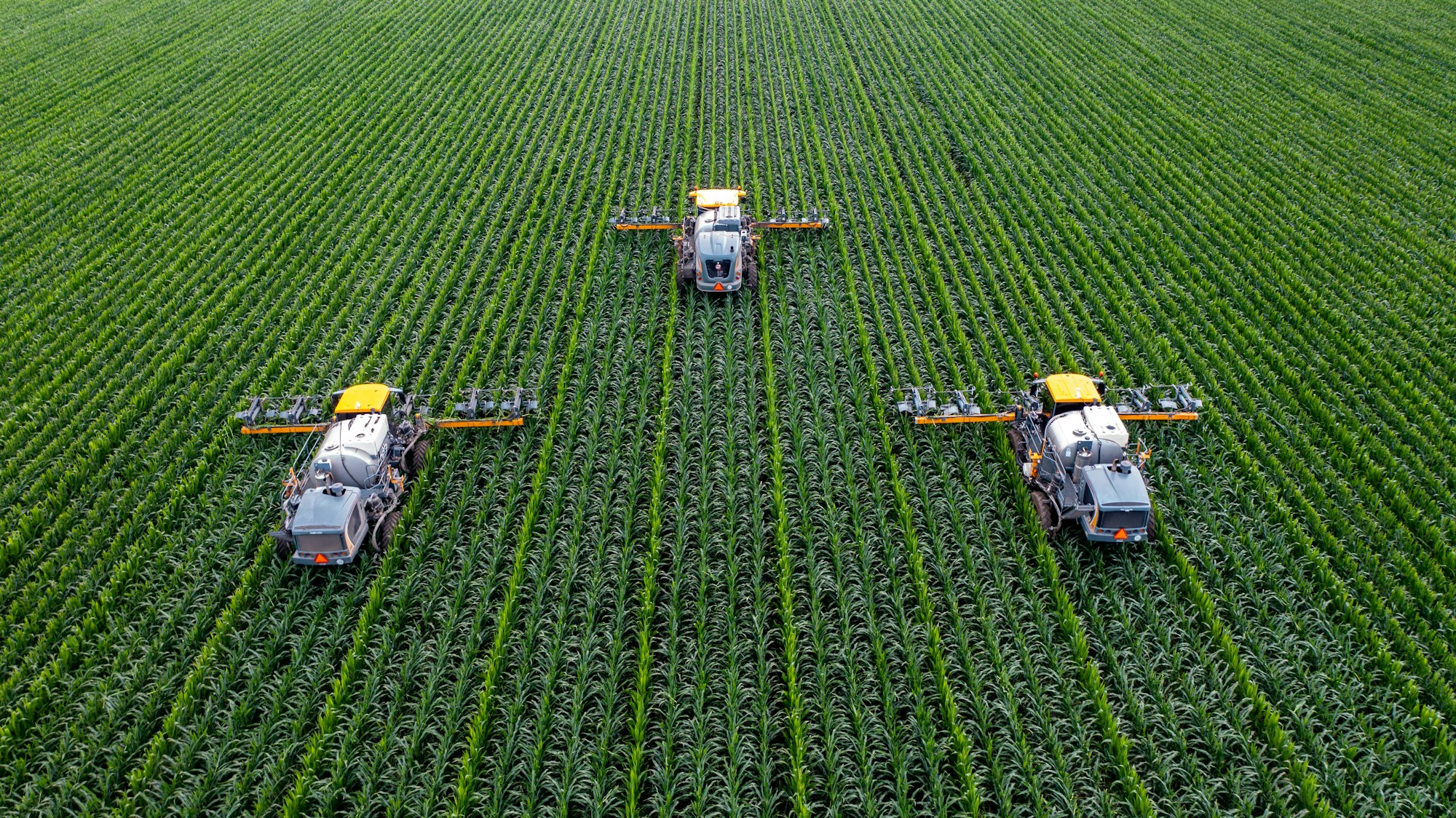Revolution = Resolution?
From fire to language, and agriculture to consumption, explore the evolutionary milestones that shaped human history in this insightful article

Often, modern scientific thought stems from abstract mathematics. We use something so intangible as maths and translate it into our reality, our now, and induce tangible technological advancements. How is this possible? How did we ever figure it out? These are huge questions that are largely debated from philosophers in Ancient Greece to the present-day scientific masterminds. It is clear to see, from any angle, that it is almost a miracle how civilizations came about.
Evolution of civilisation
Step one was the biggest step and conjured the greatest change for our animal species... fire. Around 60-70000 years ago, mankind had a breakthrough, a Eureka moment! Implementing and harnessing the tools and resources around us allowed sapiens to drastically change, changing the wiring in our minds. From this point onwards, we set ourselves in the process of behavioural modernity. Through their own evolution, animals around us only survived through refined natural selection. Whereas, we radically developed. Human consciousness allowed us to undergo what is commonly known as the 'cognitive revolution'. We started to utilize understanding, perception, intelligence, reason, and thought. Beyond our own comprehension, we began to delve into the mysteries of our planet and became conduits of information. From the subconscious to self-awareness, structured cerebral computation gave us an eternal beam of accomplishment. However, these are in a slightly different ball game and require their conversations (as is the way with the human brain).

During this period, on the infinite timeline of space, matter, and energy, we became measured individuals... going from flint arrowheads to telecommunication in the blink of an instance on the cosmic wave. What a ride it was!
Cognition
This is very easy for us to say, now that we don't have to worry about their issues, however problematic they were. Alas, this should never deteriorate the importance of our fractured history. So... what was the cause of cognition? We evidently needed skills profound and futuristic enough to catapult ourselves into what we call societies. Physicians, anthropologists, and etymologists came together on this one. Supposedly, what turned us into what we have become today was language. As simple as it sounds, we cannot imagine a time or place without it. If it ceased to exist, how would we communicate in any format, on any level? Henceforth its gravity in the binding of anthropomorphism. In other words, it's what helps and makes us, us.

It is tough for me to convey the momentousness of the situation as, from language, evolved: tenses, labels, savoir-faire, transmission of knowledge with precision and clarity, experience, wisdom, law, planning, and data storage. This all seemed profusely biologically based and had no correlation to, let's say, writing which is a baby in the human timeline of when we 'worked stuff out'. As far as we understand, everything is rooted in this pivotal lapse. What sprang from here, though, would trigger the next leap and piggyback us to more intense levels of development.
Agricultural revolution
Occurring around 10-20000 years ago, the agricultural revolution. With still no notion of home and no conceivable definition of society or civilization, food was still an absolute necessity for survival. This sector of the day, that being hunting/finding a food source, took the strong majority of our day. We would also have had to use all our energy to surface hunger. Archaeologists are on the same page when it comes to the concept of the "barley mother... a befitting name for the origin of crop creation, protection, and storage. They say it arose in the regions of modern-day Turkey, Iraq, and Syria.

We have defined a different priority for humanity, opening a Pandora's box of consumption that we won't close until we have devoured everything. In Latin, the word "calor" means heat, and "calorific" means heat-making. Consumption of foods and liquids keeps entropy and heat loss at bay. This may seem like a random tangent, but I assure you that these definitions are the crux of what makes the world go round today. The only difference is that it is on a macro-scale and not exclusively for bodily nutrition.
Overconsumption
Does everything in the modern era revolve around goblin-like money hoarding? Perhaps not. Don't get me wrong, we (humans) love to spend and earn, cyclically repeating, falling into a never-ending rabbit hole of wealth gluttony. What I really mean is that maybe it's not physical or online cash that has us by the balls... it's calorie consumption. Yes, similar, but no, not the same. I know I can certainly recall times as an ambitious 18-year-old wanting to create a legacy for myself in the business world, and thank God I still have that same drive and motivation. But I have come to terms with the realization that we are like a melting candle or a burning star turning into a supernova. It is a wondrous spectacle, and yet it's like societal suicide. I make it sound glum like there's no hope or anything that happens after, but for now, there is. We, with our non-present lenses, look to the future brightly in awe that we can change our climate fight and battle our individual lust. Nonetheless, firstly, our bodies need calories in their most basic form as food, then for coal and sea creatures for oil. Ancient energy capture = increased human destiny. Our soft machine frame and hard machine mechanical ventures require fuel. We strive towards the highest calorie output for the lowest input. Nature is the best example of showing us the fine margins that exist; it's always a tense balancing act. In the cognitive revolution, calorie consumption was made far more efficient with the assistance of forward planning and critical thinking. The agricultural revolution took this to a new level. Domesticated animals in barns, calorie storehouses such as silos, and intricate crop protection techniques through seasonal changes allowed for far more efficient farming methodology.

Social Hierarchy
We mustn't forget; there is always a high cost to balance out the returns. The challenge of hunting for 5 hours was socially systemic, and there were still no classes or forms of ownership. This sounds like the golden era for sustainable happy living, but this is not to be romanticized or idealized (although there was room for cultured activity and dance). Crime was certainly not absent. Disease was high. Wealth was unequally distributed. Many people lost their lives, and those that did, didn't find it easy to thrive. Naturally, the stronger folk in the clans rose to power and took charge. They did so to protect and prevent chaos. Over time, those in better positions were rewarded, e.g., more complete places of dwelling, riding on horseback, and eating more food. The peasant, on the other hand, retained a minor percentile of the calories. Water and wind mills saved calorie deficiency, but for centuries these were not invented and so not an option. Around this time, calorie input: output was at a net breakeven point.
Alongside law and order, power, and institutionalized societies came distinct injustice. This became intelligible 3000 years ago, where, all too unfortunately, the class pyramid took full form and stuck around ever since. Peasantry has always been socialized into keeping its place and, unsurprisingly, has never been the tenet of revolt. The changes in civilization, for the majority, originated from Barons, noblemen, and kings/queens.

Merchants and Priests acted not only as traders and religious role models for people to find meaning in life but they were also the middlemen/class. Time for thought prevailed (800-300 BC) as an abundance of resources yielded far more stable numbers. With religious and philosophical thought and abstract ideas predominantly taking higher class interests, herein burgeoned what the German philosopher Karl Jaspers called the axial age. Subsequently, Confucianism, Taoism, Judaism, Jainism, Buddhism, Zoroastrianism, Greek drama, mathematics, and philosophy all flourished with flying colours.
Time for a change
The concept of caloric consumption and us depending upon it is erudite and unique in its way of showing us our tricky predicament. Logistically, it looks as though we can overcome it, but it poses as big a worry as ever. This should peel as a wakening call for change to a certain degree. What we do know is that heat is ultimately always lost as dissipation or entropy, and the 2nd law of thermodynamics suggests heat flows from a hotter source to a colder one. Therefore, a system, construct, or society will always be in a calorie deficit. This disproves the possibility of perpetual motion and constrains us to the reality of 'things necessitating decay. We are confined to what we have and need to concur internationally with the utmost gratitude and appreciation for the gift of the sun's inferno, the source of all human innovation. When you put jam in rice pudding and stir three times in either direction, there is no getting it back... we resort to chaos. In a far more practical optic, it is as if the universe levies on heat exchange sun as fission, and we need to pay the cosmic council a little commission. The way we've come, and the journey is a beautiful one. I hope this isn't a hyperbolic representation and that it's somewhat useful for us to know about. I feel as though it changes the way one might look at the universe and how much we desire to gobble our limited supply of energy arsenal! Live, thrive, and experience, but let's not squander what isn't available.